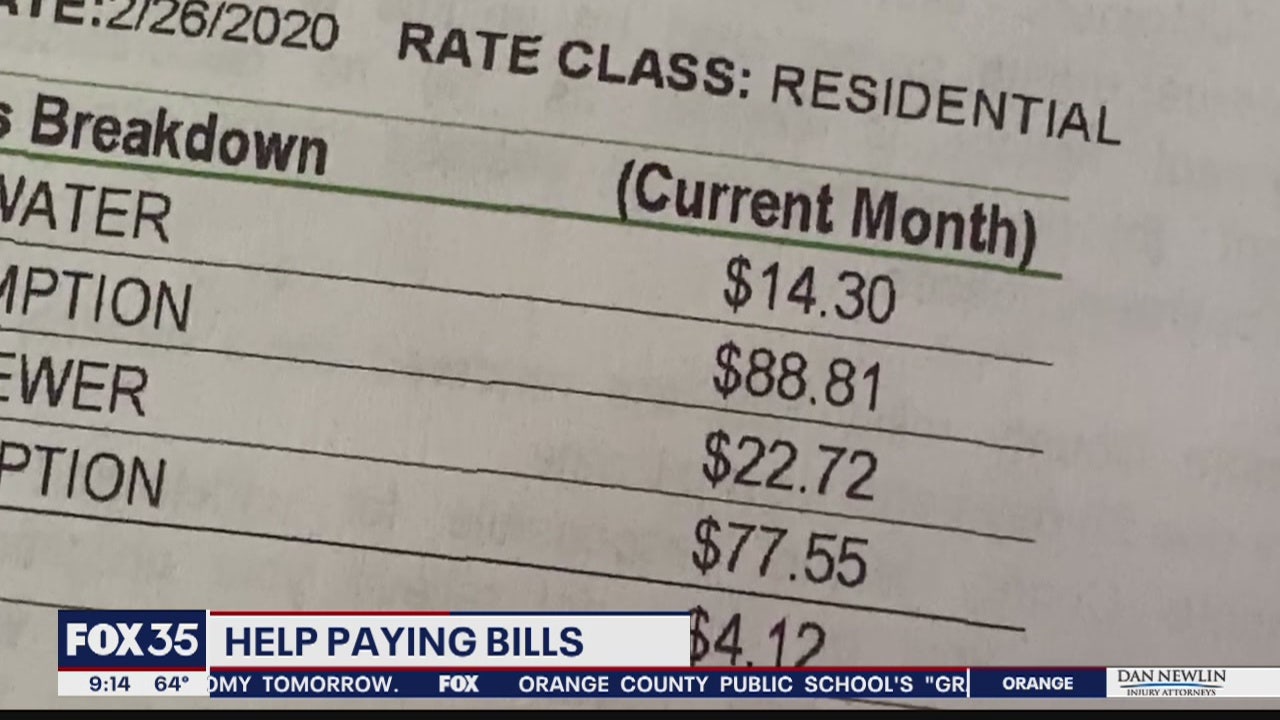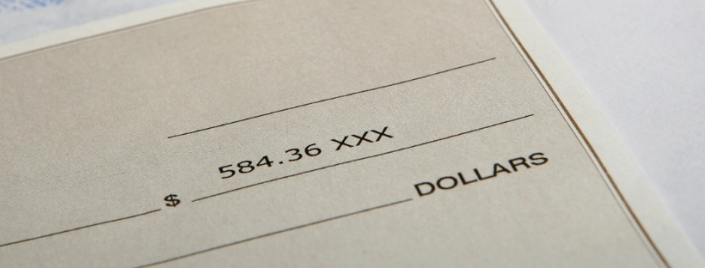
You might be asked to pay a holding deposit to reserve a property. If they say you have to use a scheme, this might be an ‘unfair tenancy fee’ - you can report them by contacting the consumer helpline. The landlord or letting agent must give you the option to pay a deposit instead of using a deposit replacement scheme. If you still can’t afford a deposit and you want to use a deposit replacement scheme, check you can afford to pay the extra amounts. check if you can get any grants from charities on the Turn2us website.contact your local council to see if they can help you - find your local council on GOV.UK.If you can’t afford to pay a deposit, you can: It’s usually best to pay a deposit if you can afford it instead of using a zero deposit scheme. If you don’t go to arbitration or you don’t agree with the arbitration decision, you might have to go to court to decide how much you owe. You might have to pay more money for arbitration. If you and the landlord disagree about how much you owe them at the end of the tenancy, you might have to go to a third party to decide how much you owe. you’ll have to pay more money if you damage the property - it won’t come out of the money you’ve paid to the scheme.you won’t get the money back at the end of the tenancy.This is sometimes called a ‘deposit replacement scheme’ or ‘zero deposit scheme’.Īlways read the terms and conditions before you agree to use a deposit replacement scheme. This could be a single payment that’s less than a deposit or an extra amount every time you pay your rent. The landlord or letting agent might say you can pay extra money instead of a deposit. If you’re given the option to pay extra money instead of a deposit

You can take action against your landlord if your tenancy deposit isn't protected. They must give you all the written information about the scheme. Your landlord or letting agent has to put your deposit in a 'tenancy deposit scheme', this is done to keep it safe. You’II get your deposit back when you move out of the property - your landlord or letting agent can only keep some money, for example if you damage something or don't pay your rent. If you’ve been charged too much you can get help from your nearest Citizens Advice. Your tenancy deposit will usually be the same amount as 4 or 5 weeks' rent. It’s illegal for your landlord to force you to pay a deposit of more than 5 weeks’ rent (or 6 weeks’ rent if your annual rent is more than £50,000). Read about checks that are made before you move into a property. You might be asked to pay several months’ rent in advance if there’s a problem with your credit check or references.


The actual amount you’II pay will depend on your landlord and your written agreement.īy paying your rent in advance you'll always be paying rent for the month ahead. You might be asked to pay 1 to 2 months' rent before you move in. Get a receipt from your landlord or letting agent when you pay any money - you'll need this in case there are any problems. If you rent from a letting agent they'll usually ask you to pay a holding deposit.Īsk about all payments before taking a property so you don’t have to deal with any unexpected costs. You’II usually have to pay your first month’s rent in advance and a tenancy deposit. When you’ve found a property to rent, you'll have to make some payments before you move in.


 0 kommentar(er)
0 kommentar(er)
